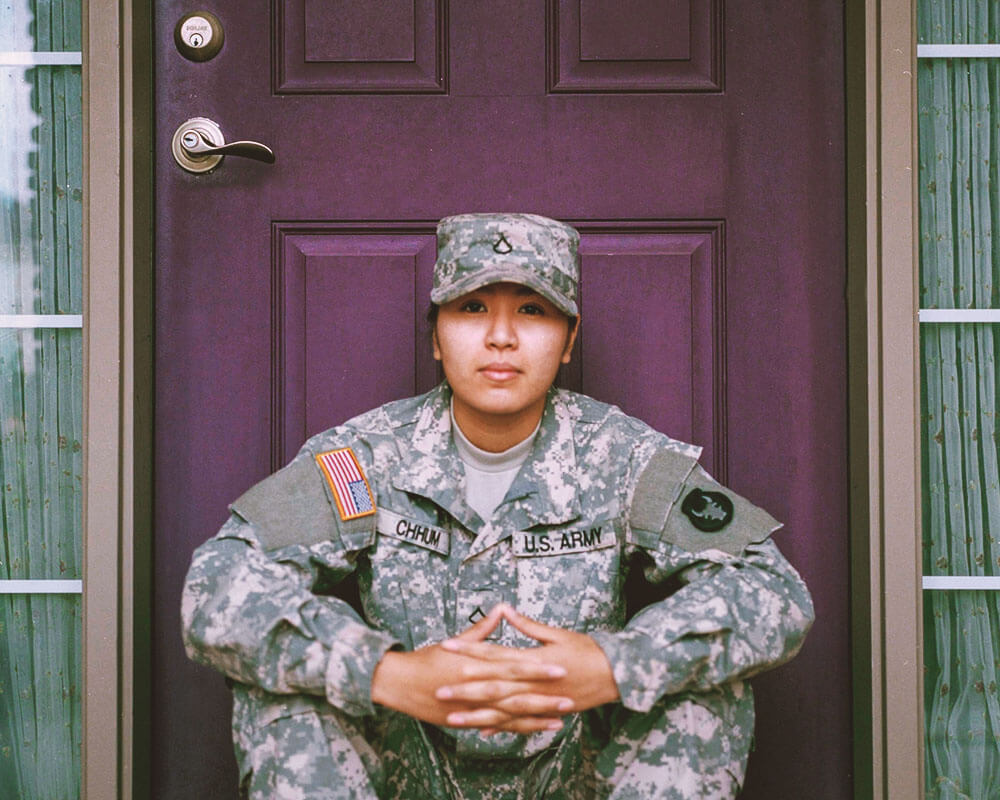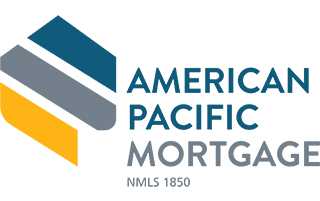California & VA Loans for Veterans
Homebuyers who are veterans, whether they are active or not, can receive assistance in buying a new home through several mortgage programs created solely for U.S. military veteran borrowers. Both the U.S. Department of Veteran Affairs (VA*) and the California Department of Veterans Affairs (CalVet) offer veteran loan programs to eligible military veterans.
*Other restrictions and guidelines apply. Please contact lender for full program details.
For loan examples and more information visit our disclosure page at https://uslendingcompany.com/disclosures/






